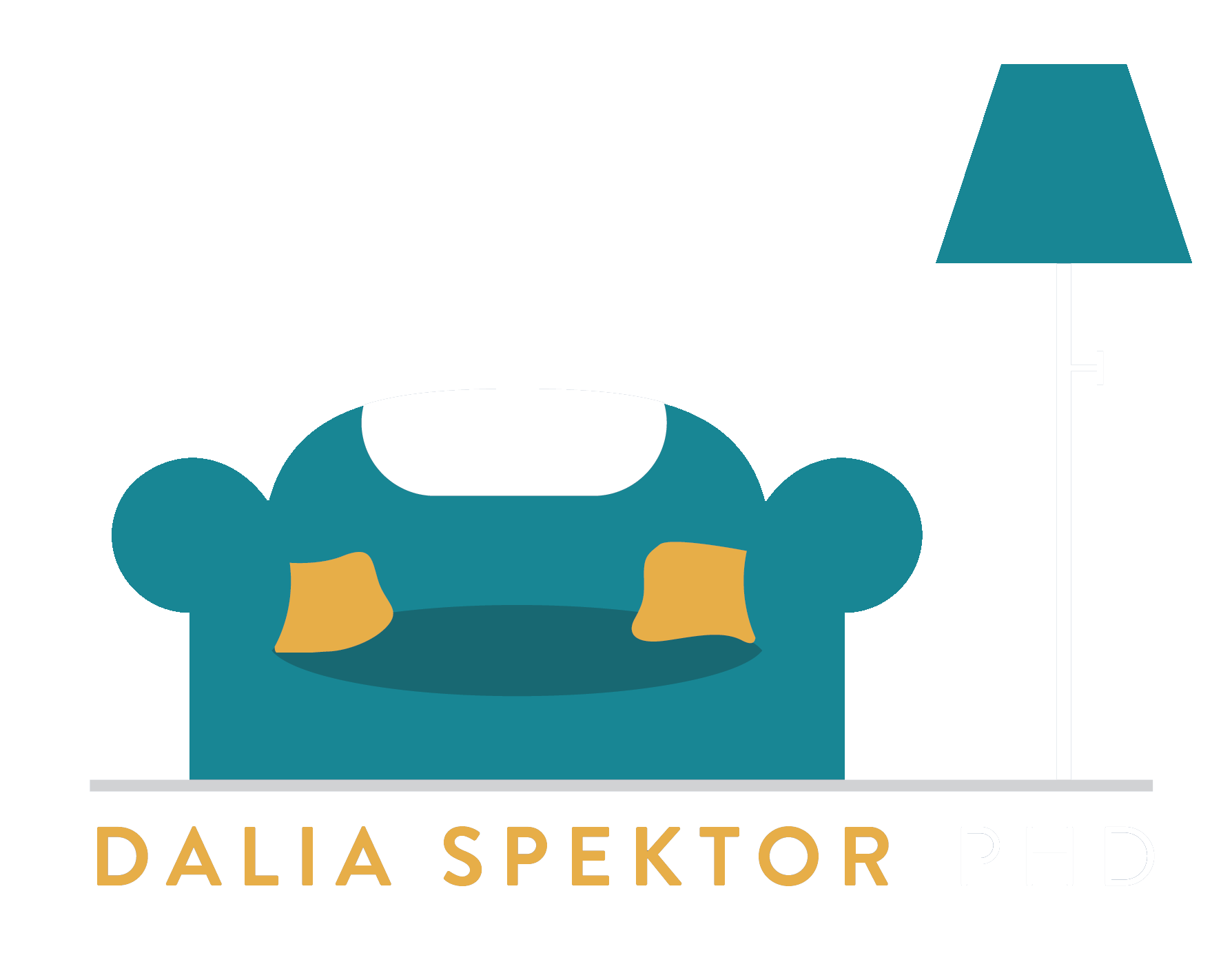To Love and Be Loved
 Most people want to love and be loved.
Most people want to love and be loved.
It sounds simple but it actually isn’t. So what does it mean?
It translates to being more of who you are, both personally and professionally, and being able to genuinely connect with others.
Sometimes, something prevents us from fully experiencing this. Sometimes we don’t know what that something is and other times we are painfully aware of it.
Everyone has something they keep hidden from others.
I like to call it our “closet”.
Your closet contains vulnerable parts of yourself you don’t want others to know about.
The problem is that hiding something significant about who you are can prevent you from genuinely connecting with others.
And if what you want out of life is to love and be loved, the world can be a very lonely place.
In order to fully connect with others, we must look into your vulnerability—those parts you don’t like to talk about. I will help you talk about what’s upsetting you most and understand why. In the process, you will see that it can be okay to talk about some of the hardest things with someone you trust.
That can feel so liberating. It can give you a sense of “I can do this with other people.” It will give you another way of relating to others, which is what you want.
Most of the time, what people realize is that their vulnerability is their greatest source of strength in connecting with others. Contact me now to set up an appointment.
Finding Meaning After Loss
 Everybody experiences loss; it’s part of being human.
Everybody experiences loss; it’s part of being human.
Whether you’re a young woman grieving your lover’s betrayal or a newly diagnosed HIV+ gay man coming to terms with your status, the common thread is loss.
When you lose something important, whether it’s your relationship, your identity, or your life-long dream, your life as you know it is never going to be the same.
After the initial shock and sadness wears off, you may experience a kind of crisis–a sense of disillusionment. You may start to examine everything you thought was true about yourself and your life. You may wonder if it’s all worth it. The sense of despair can be profound.
A way out of this despair is to feel your way through your loss.
Grief is a normal and natural reaction to loss and is part of the healing process.
Understandably, many people would rather not have to deal with unpleasant emotions. They work hard to “get over” their loss without adequately grieving first. Unfortunately, unresolved grief can have negative effects on one’s professional and personal life. It can lead to what’s referred to as “complicated grief” which is a condition that resembles chronic depression.
In order to prevent grief from taking over your life, you have to grieve.
Acknowledging your feelings (all of them–even the ones you don’t want to acknowledge) is part of the process.
Grieving can be difficult work. But you don’t have to do it alone. I am here to help you every step of the way. I will help you grieve for as long as it takes, and when you’re ready (and you will be), I will help you find meaning in your life again. Let’s take these next steps together.
Medical Health Conditions
 My experience in hospital settings has been primarily focused on treating men and women who are HIV+, but I’ve worked with men and women dealing with different chronic conditions and myriad of symptoms and diagnoses that often present with a medical health condition.
My experience in hospital settings has been primarily focused on treating men and women who are HIV+, but I’ve worked with men and women dealing with different chronic conditions and myriad of symptoms and diagnoses that often present with a medical health condition.
There’s a grieving process that takes place especially after an initial diagnosis.
You grieve the way things were. The way you used to be.
You grieve the “old you.” It’s a kind of loss.
It’s normal to experience a wide range of emotions as you’re adjusting to your diagnosis.
You may be scared of what this means and of what your life is going to be like. You may ask “why me?”
You may also worry about issues surrounding disclosure: Whom do you tell? How will they react?
You may wonder if you are lovable. Sometimes it can feel overwhelming and you may feel like giving up. It’s important to know that these feelings are okay to have and that you can talk about them.
If you’ve been recently diagnosed or have been living with a medical health condition for some time and are struggling with adjusting to the physical, emotional, and psychological toll that it can have on you, I can help.
We will work to cultivate a healthy relationship with the “new you.” You will learn how to live with and adapt to the challenges of living with a medical health condition. You will learn to appreciate your body on a whole new level.
You will see that you can feel strong and healthy in a way that you didn’t before.
You will see that there’s beauty in the way that you are. Exactly how you are. Let’s talk about what you’re going through.
